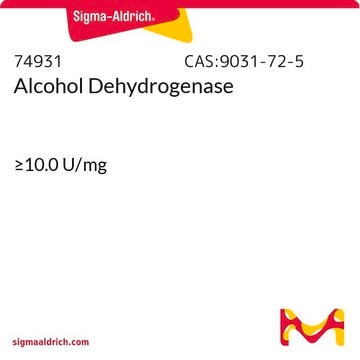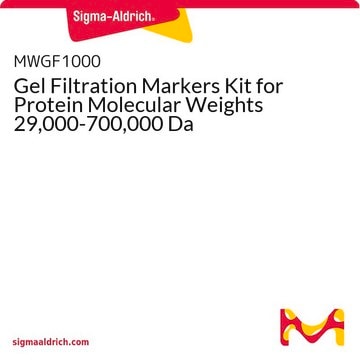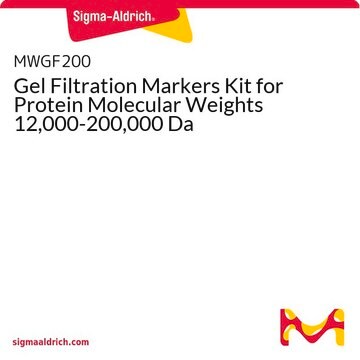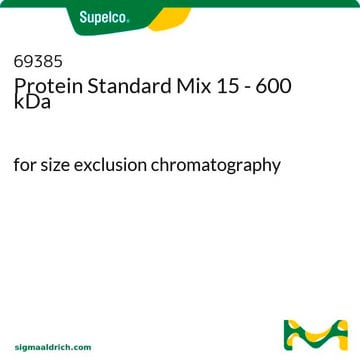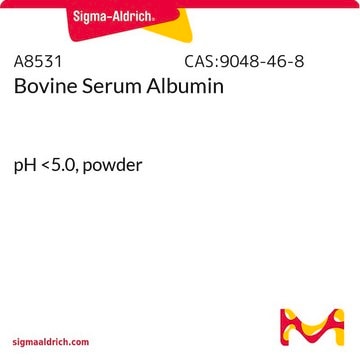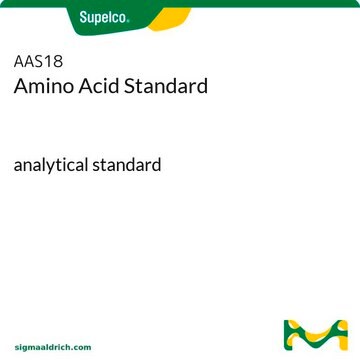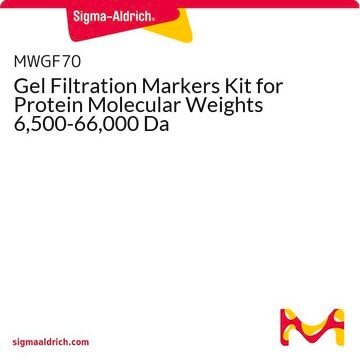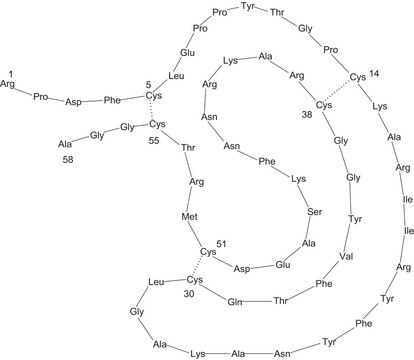A8656
Alcohol Dehydrogenase from Saccharomyces cerevisiae
Synonym(s):
ADH, Alcohol Dehydrogenase from yeast, Alcohol:NAD+ oxidoreductase
About This Item
Recommended Products
biological source
Saccharomyces cerevisiae
Quality Level
form
powder
mol wt
~150,000
packaging
vial of 25 mg
storage temp.
−20°C
Looking for similar products? Visit Product Comparison Guide
Application
Biochem/physiol Actions
Isoelectric point: 5.4-5.8
Optimal pH: 8.6-9.0
Substrates: Yeast ADH is most active with ethanol and its activity decreases as the size of the alcohol increases or decreases. Branched chain alcohols and secondary alcohols also have very low activity.
KM (ethanol) = 2.1 × 10-2 M
KM (methanol = 1.3 × 10-1 M
KM (isopropanol) = 1.4 × 10-1 M
Inhibitors: Compounds that react with free sulfhydryls, including N-alkylmaleimides and iodoacetamide.
Zinc chelator inhibitors, including 1,10-phenanthroline,
8-hydroxyquinoline, 2,2′-dipyridyl, and thiourea.
Substrate analogue inhibitors, including β-NAD analogs, purine and pyrimidine derivatives, chloroethanol, and fluoroethanol.
Extinction Coefficient: E1% = 14.6 (water, 280 nm)
signalword
Danger
hcodes
pcodes
Hazard Classifications
Resp. Sens. 1
Storage Class
11 - Combustible Solids
wgk_germany
WGK 1
flash_point_f
Not applicable
flash_point_c
Not applicable
ppe
Eyeshields, Gloves, type N95 (US)
Certificates of Analysis (COA)
Search for Certificates of Analysis (COA) by entering the products Lot/Batch Number. Lot and Batch Numbers can be found on a product’s label following the words ‘Lot’ or ‘Batch’.
Already Own This Product?
Find documentation for the products that you have recently purchased in the Document Library.
Customers Also Viewed
Protocols
Gel filtration chromatography is an established method for determining the size and molecular mass of proteins.
To measure alcohol dehydrogenase activity, this assay uses β-nicotinamide adenine dinucleotide phosphate and a continuous spectrophotometric rate determination at 340 nm.
Our team of scientists has experience in all areas of research including Life Science, Material Science, Chemical Synthesis, Chromatography, Analytical and many others.
Contact Technical Service

